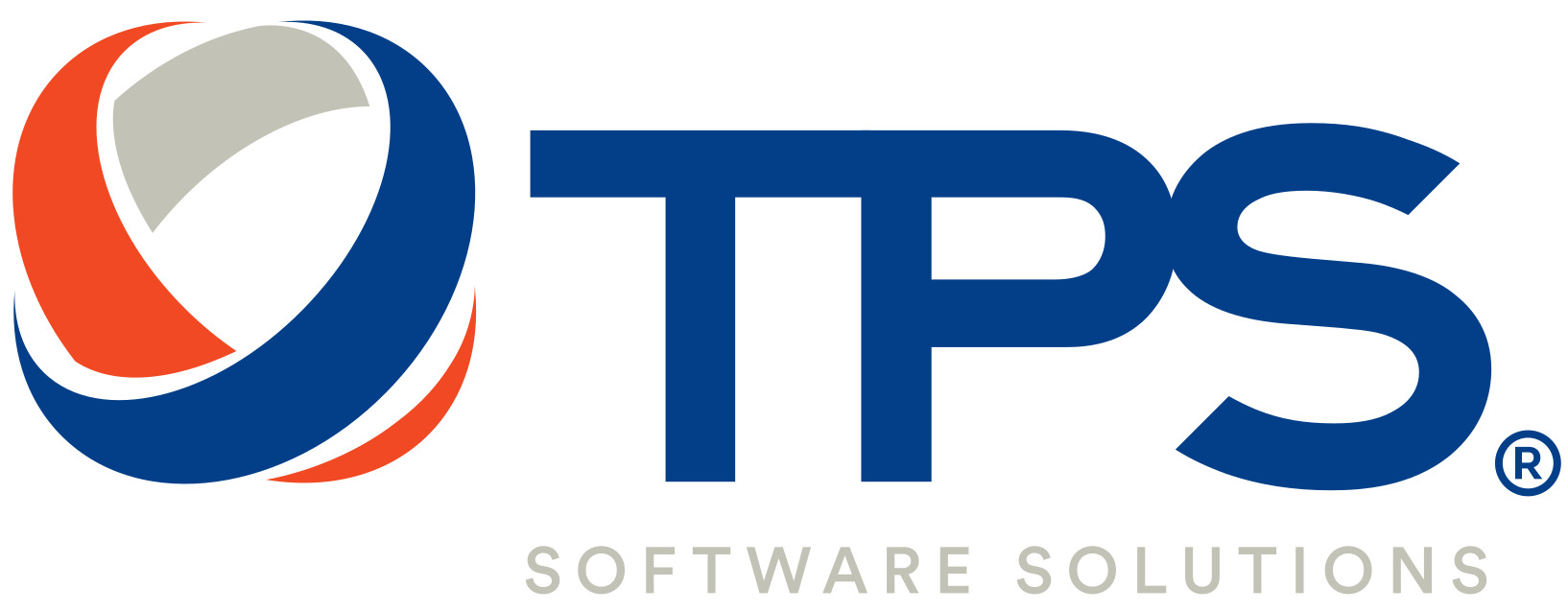Introduction
In today’s fast-paced digital landscape, businesses face increasing demands for software development to stay competitive and meet customer expectations. However, expanding an in-house development team can be costly and time-consuming. This is where software outsourcing can offer a practical solution. In this article, we will explore the advantages of scaling your development team through software outsourcing.

Data and statistics on the growth of the software outsourcing industry
According to Statista, here are some notable status of software outsourcing industry
- Revenue in the Segment IT Outsourcing is projected to reach US$95.85bn in 2023.
- Revenue is expected to show an annual growth rate (CAGR 2023-2027) of 9.16%, resulting in a market volume of US$136.10bn by 2027.
- The average Spend per Employee in the Segment IT Outsourcing is projected to reach US$46.26 in 2023.
In global comparison, most revenue will be generated in the United States (US$156.20bn in 2023). - Software outsourcing in Asia is set to show an annual growth rate (CAGR 2023-2027) of 9.16%.
- The most common outsourced IT functions include application development (59%), infrastructure (57%), and application maintenance (56%).
- The National Outsourcing Association (NOA) reported that 78% of businesses worldwide feel positive about their outsourcing relationships, highlighting the satisfaction and success rate associated with outsourcing arrangements.
These statistics illustrate the substantial growth and widespread adoption of software outsourcing as a strategic business approach for organizations around the world.
The Advantages of Software Outsourcing
1. Cost Savings
One of the primary reasons companies turn to software outsourcing is the potential for cost savings. Hiring and maintaining an in-house development team involves various expenses, such as salaries, benefits, office space, equipment, and training. On the other hand, outsourcing allows you to tap into a global talent pool, often in countries with lower labor costs, enabling you to access highly skilled professionals at a fraction of the cost.
2. Access to Diverse Skill Sets
Software outsourcing provides access to a vast pool of talent, including specialized developers, designers, and quality assurance professionals. When you outsource, you can handpick experts with the specific skills required for your project. This flexibility allows you to assemble a diverse team capable of tackling various development challenges, without the need to invest in training or hiring full-time employees.
3. Faster Time-to-Market
Outsourcing software development can significantly accelerate your time-to-market for new products or features. By leveraging the expertise of an external team, you can tap into their experience, established processes, and efficient workflows. Additionally, outsourcing companies often work on multiple projects simultaneously, allowing you to benefit from their dedicated focus and faster delivery timelines.
4. Scalability and Flexibility
Scaling an in-house development team can be a complex process involving recruitment, onboarding, and infrastructure setup. Software outsourcing offers scalability and flexibility to quickly adjust the size of your development team based on project requirements. Whether you need to scale up or down, outsourcing provides the ability to seamlessly adapt to changing business needs without the overhead of hiring or layoffs.
5. Focus on Core Competencies
Outsourcing non-core development tasks enables your in-house team to focus on strategic initiatives and core competencies. By offloading routine development tasks to an outsourcing partner, your internal team can allocate more time and resources to high-value activities, such as innovation, product strategy, and customer experience enhancement. This focus can enhance your overall business performance and increase your competitive advantage.
What are software development projects that are better suited for outsourcing than others?
While software outsourcing can be beneficial for various industries and projects, there are certain types of software development projects and industries that are typically well-suited for outsourcing. Here are a few examples:
1. Web and Mobile Application Development
Outsourcing web and mobile application development is a common practice, especially for startups and businesses looking to launch digital products quickly. Outsourcing provides access to a wide range of specialized skills, including front-end and back-end development, UX/UI design, and quality assurance. It allows companies to leverage external expertise and stay competitive in the rapidly evolving digital landscape.
2. E-commerce and Retail
E-commerce businesses often outsource software development to enhance their online platforms, optimize customer experiences, and integrate payment gateways. Outsourcing can provide access to developers with expertise in e-commerce platforms, inventory management systems, and logistics integration. This enables businesses to scale their operations and meet the growing demands of online retail.
3. IT Infrastructure and Cloud Services
Companies seeking to optimize their IT infrastructure, migrate to the cloud, or implement robust cybersecurity measures often turn to outsourcing. Outsourcing providers specializing in infrastructure management, cloud solutions, and network security can offer cost-effective solutions and expertise, ensuring smooth operations and data protection.
4. Big Data and Analytics
The field of big data and analytics requires specialized skills and tools for collecting, processing, and analyzing large datasets. Outsourcing data engineering, data science, and analytics projects can provide access to experts with advanced knowledge in this domain. By leveraging outsourcing, businesses can derive valuable insights, make data-driven decisions, and develop predictive models without investing heavily in infrastructure and talent.
5. Software Testing and Quality Assurance
Outsourcing software testing and quality assurance (QA) activities are common practices to ensure high-quality software releases. Dedicated QA teams can be engaged for test planning, test case development, test automation, and performance testing. Outsourcing QA helps businesses ensure rigorous testing standards, improve software reliability, and reduce time to market.
6. Software Maintenance and Support
Software maintenance and support tasks, such as bug fixing, feature enhancements, and application support, can be effectively outsourced. This allows businesses to free up their internal development team to focus on strategic initiatives while ensuring ongoing maintenance and timely resolution of issues.
While these industries and project types often benefit from outsourcing, it’s important to note that the suitability of outsourcing depends on specific project requirements, budgets, and business objectives. Conducting a thorough assessment of project needs and partnering with a reputable outsourcing provider that specializes in the relevant domain is crucial for successful outsourcing engagements.
Conclusion
Software outsourcing offers a viable solution for scaling your development team while minimizing costs and gaining access to a diverse talent pool. By leveraging the expertise of outsourcing partners, you can accelerate time-to-market, enhance flexibility, and focus on core competencies. Addressing concerns through proper due diligence and selecting reputable partners will help ensure successful collaborations. Consider software outsourcing as a strategic approach to drive growth and stay ahead in today’s competitive market.














